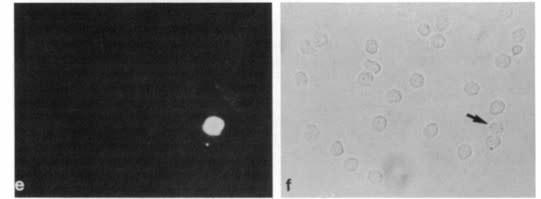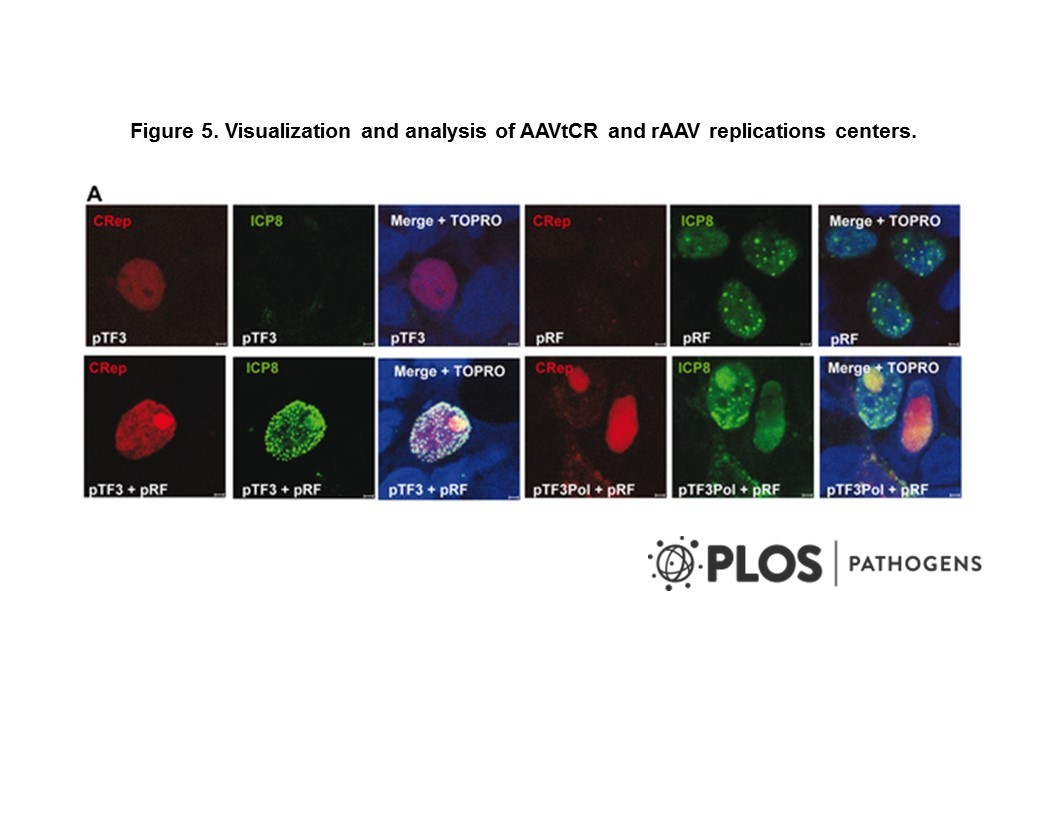
Cat. #151631
C-Raf KI D486A Cell Line
Cat. #: 151631
Unit size: 1x10^6 cells / vial
Organism: Mouse
Tissue: Embryo
Disease: Cancer
Model: Knock-In
£575.00
This fee is applicable only for non-profit organisations. If you are a for-profit organisation or a researcher working on commercially-sponsored academic research, you will need to contact our licensing team for a commercial use license.
Contributor
Inventor: Catrin Pritchard
Institute: University of Leicester
Tool Details
*FOR RESEARCH USE ONLY
- Name: C-Raf KI D486A Cell Line
- Parental cell: See the Raf-1 D486A oncogenic mutant knockin mouse that these cells are produced from.
- Organism: Mouse
- Tissue: Embryo
- Disease: Cancer
- Model: Knock-In
- Description: The C-Raf KI D486A Cell Line is derived from the knock-in mouse model carrying oncogenic Raf-1 D486A; it is useful for in vivo study of oncogenic Raf-1 mutants and Ras signalling. See the Raf-1 D486A oncogenic mutant knockin mouse that these cells are produced from.
- Production details: Embryos were dissected and cut, washed several times with cold PBS and then incubated at 4ÄÂ?°C for 2 hours in 0.25% trypsin. Cells were incubated as per the growth conditions. Primary cells were immortalised and resulting cells grown out by continuous culture.
Target Details
- Target: Raf1 D486A oncogenic mutant
Handling
- Format: Frozen
- Growth medium: DMEM, 10% FCS, 100U/mol penicillin/streptomycin
- Unit size: 1x10^6 cells / vial
- Shipping conditions: Dry ice
Related Tools
- Related tools: Raf-1 D486A oncogenic mutant knockin mouse
References
- Noble et al. 2008. Mol Cell. 31(6):862-72. PMID: 18922468.
- CRAF autophosphorylation of serine 621 is required to prevent its proteasome-mediated degradation.




